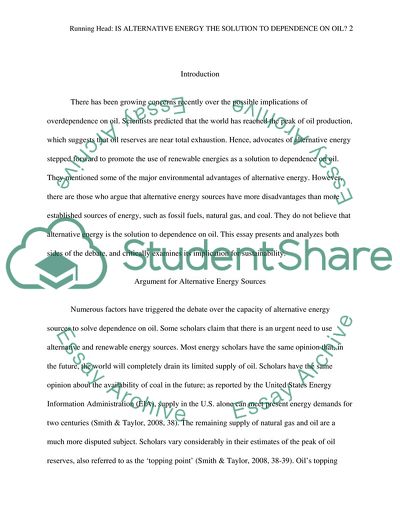Cite this document
(Is Alternative Energy the Solution to Dependence on Oil Term Paper - 1, n.d.)
Is Alternative Energy the Solution to Dependence on Oil Term Paper - 1. https://studentshare.org/environmental-studies/1798788-alternative-energy
Is Alternative Energy the Solution to Dependence on Oil Term Paper - 1. https://studentshare.org/environmental-studies/1798788-alternative-energy
(Is Alternative Energy the Solution to Dependence on Oil Term Paper - 1)
Is Alternative Energy the Solution to Dependence on Oil Term Paper - 1. https://studentshare.org/environmental-studies/1798788-alternative-energy.
Is Alternative Energy the Solution to Dependence on Oil Term Paper - 1. https://studentshare.org/environmental-studies/1798788-alternative-energy.
“Is Alternative Energy the Solution to Dependence on Oil Term Paper - 1”. https://studentshare.org/environmental-studies/1798788-alternative-energy.


